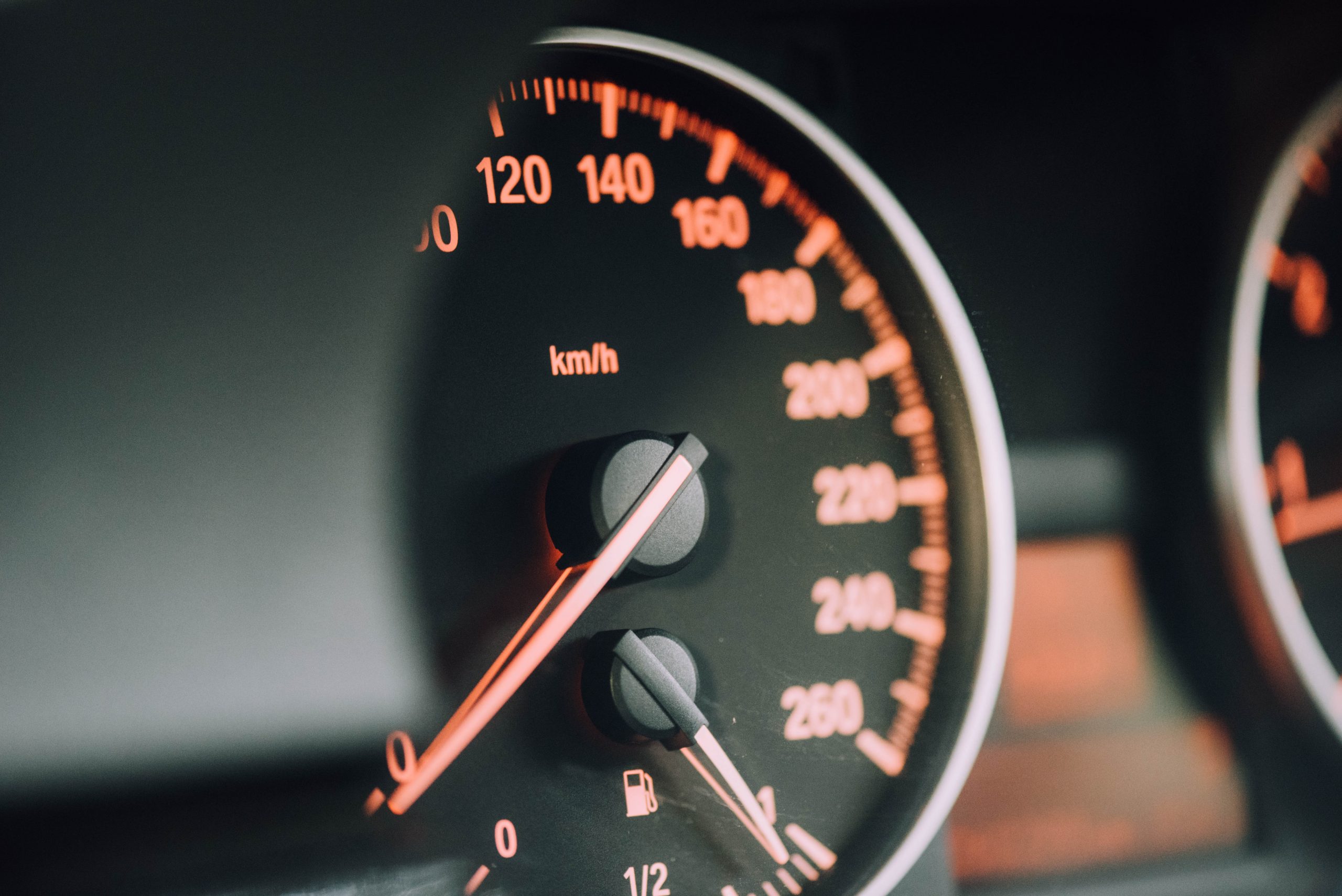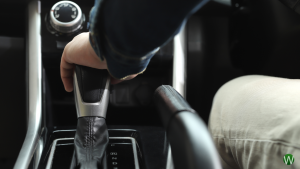Nobody wants to fail their driving test. If you have, take some comfort from the fact that you’re not alone. Recent research shows that less than half of people pass their driving tests. Some of these will be first timers, but by no means all.
As they are supposed to be challenging, it’s no surprise that driving tests are failed all the time. This can be for a huge range of reasons, some of them seemingly trivial. So, what do you do next?
Don’t beat yourself up
As well as the failure rates, another interesting statistic about driving tests is that people who pass the second time are safer drivers. Obviously, you’ll be disappointed that you can’t ditch your L plates straight away, but that could actually be a good thing. Failing your test doesn’t mean you can’t drive, it just means you can relax a bit.
Don’t feel the need to re-take your test as soon as possible. Figures show that the more on-road experience you have, the better. This means actually driving around places you don’t know and getting a feel for the skills you need. People who research their test routes and nothing else fail much more often than those who drive more widely.
Get confident
Confidence is by far the most important part of passing your driving test. This doesn’t mean arrogance, but feeling comfortable behind the wheel. The best way of achieving this is with a mixture of professional help and experience of different roads, traffic and weather conditions. You can only build these up over time.
Get right back to it
As well as going easy on yourself, the best thing to do after failing your driving test is to keep driving. You didn’t suddenly lose all of your skills, coordination and road sense because you failed your test. They are still there, and you should enjoy them. The one sure way of losing these attributes is to stop using them.
It will take time for your next driving test to be arranged, so you should book it as soon as possible. Leave it for a few days, then take steps to arrange your next test. This will give you extra motivation and focus your mind on everything you learned going into your last test.
There are probably only one or two reasons why you failed your test. By getting back behind the wheel, you can concentrate on practising and perfecting these in your own time. With added road time, you’ll realise what you did or didn’t do rightly or wrongly and be able to test yourself.
Take advice from the professionals
It is important to remember that, whoever your instructor is for your next test, they will have no record of the one you failed. Every test is essentially the same, and instructors will look for the same skill levels for every aspect of your driving.
In the meantime, you will need further driving lessons. Talk to your instructor about anything that worries you. Obviously, you will both know what caused you to fail your test, and you can address these issues. But you should also use the time to ask about other aspects of driving.
Your instructor is likely to be one of the best drivers you will ever meet, so you should make the most of them. Taking advice from experts is an excellent way of keeping perspective, rather than becoming obsessed with technicalities.






